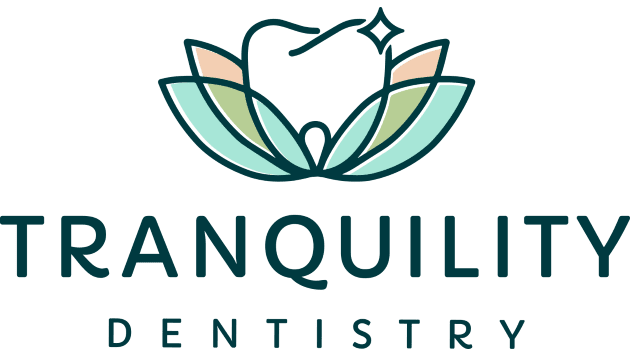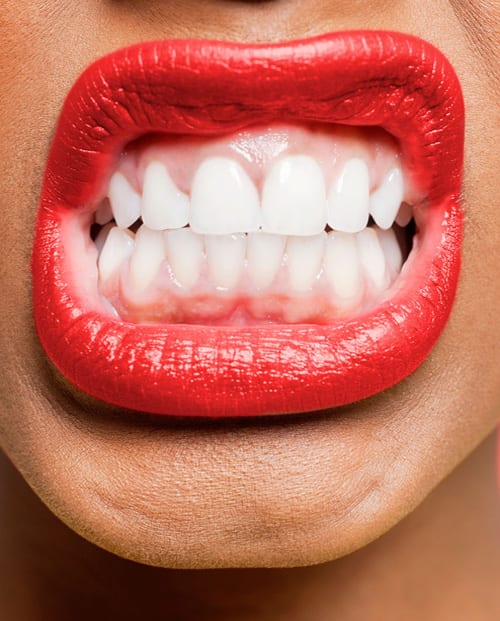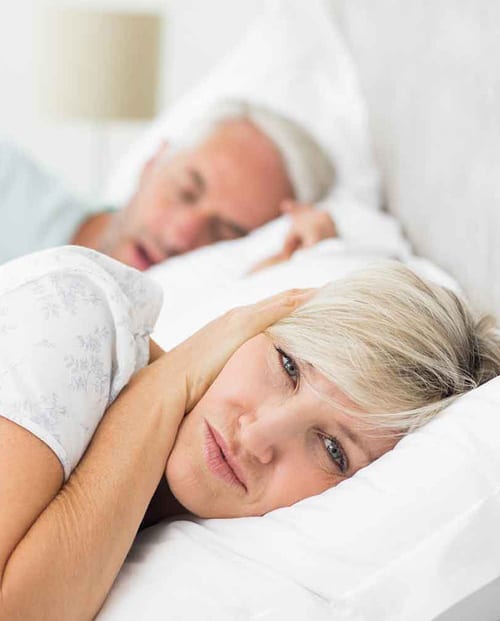About Teeth Grinding
Teeth Grinding or Bruxism is when a person grinds, clenches or gnashes their teeth. This can happen unconsciously while you are awake or when you are asleep. Because it happens unconsciously, lots of people don’t realise that they have it!
Signs/Symptoms include:
– Teeth grinding or clenching whilst sleeping that can be loud enough to wake up your sleep partner,
– Worn tooth enamel,
– Teeth appearing flattened, chipped, loose or fractured,
– Heightened sensitivity or tooth pain,
– Neck, jaw or face soreness or pain,
– Tight or tired jaw muscles or your jaw not opening or closing completely,
– Pain that feels like an ear ache,
– A dull temple headache,
– Sleep disruption,
– Waking up tired consistently, or
– Damage to the inside of your cheek from chewing.
If you notice that your child is grinding his or her teeth — or has other signs or symptoms of bruxism — be sure to mention it at your child’s next dental appointment.
There are some factors that can increase your risk of teeth grinding. These include stress, age, your personality type (aggressive, hyperactive or competitive), family members who grind their teeth, medications or other substances (certain antidepressants, caffeine, alcohol, smoking tobacco) and suffering from other disorders like Parkinson’s Disease, Dementia or Epilepsy.
About Snoring and Sleep Apnoea
Particularly Loud snoring can indicate a potentially serious problem, being sleep apnoea, but not everyone who has sleep apnoea snores.
Sleep Apnoea is a potentially serious sleeping disorder where breathing stops and starts repeatedly. If you are someone who snores loudly or feels tired after a full night’s sleep you could be suffering from sleep apnoea.
There are several types of sleep Apnoea, but the most common types are Obstructive Sleep Apnoea (when throat muscles relax), Central Sleep Apnoea (when the brain doesn’t send the proper signals to control breathing) and Complex Sleep Apnoea Syndrome (when someone suffers from both Obstructive and Central Sleep Apnoea.
The most common signs and symptoms of Obstructive and Central Sleep Apnoea (which overlap) are:
– When you stop breathing whilst sleeping,
– Loud snoring,
– Waking up with a dry mouth
– Gasping for air whilst asleep
– Having difficulty staying asleep
– Having a headache in the morning
– Daytime sleepiness (excessive)
– Being Irritable
– Difficulty paying attention



